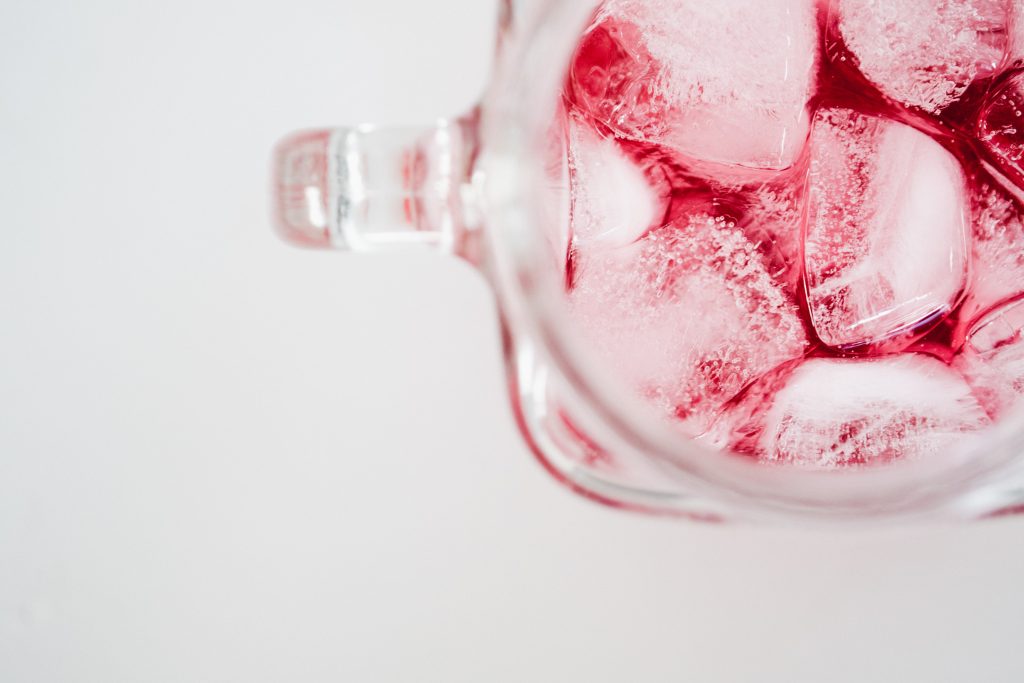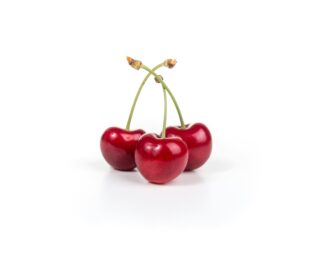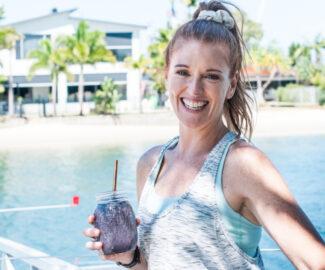
Are you one of those athletes with rings of white on your hat post-training?
Are you feeling fatigued at the end of a session?
Are you feeling smashed for the day post-training sessions?
Are you training in your luteal phase?
Answered yes to any of these? You may need to consider an electrolyte replacement.
What are Electrolytes?
Electrolytes are salts that are found in nature in the form of minerals. They have an electrical charge, either a positive or a negative ion, that is part of our nerve communication system. They speak to the opposite ion; the negative will communicate with the positive i.e. opposites attract! I mean do opposites really attract? I don’t know about that but in this case, they do!
In addition to being awesome little communicators, they allow our muscles to contract for movement and allow our heart to beat. Electrolytes also maintain the balance of fluid levels in and out of the cells allowing us to remain hydrated and utilise the water that we consume.
- Magnesium – involved in muscle contraction, stabilising heart rhythm, nerve function, bone health, vitamin D and calcium absorption, digestion, and sleep (you can see why this mineral is my favourite!!)
- Sodium – fluid balance, muscle contraction and nerve signaling.
- Potassium – regulating blood pressure and heart function.
- Calcium – muscle contraction, maintaining bones, blood clotting, nerve signaling and reduce muscle twitching.
- Phosphate – bone health and nerve signaling.
- Chloride – fluid balance.
How do we lose Electrolytes?
- Exercise, particularly longer efforts
- Sweating (lose mostly sodium, potassium & chloride)
- Urination/Bowel Motions (particularly with diarrhoea)
- Vomiting
Signs of Electrolyte Imbalance
Muscle aches, feeling restless, anxiety, headaches, excessive thirst, irregular heartbeat, cognition affected (confusion, lack of concentration, poor decision making), dizziness, fatigue, cramping, dark urine (although be mindful this could be an indication of rhabdomyolysis, where muscle is rapidly breaking down and usually accompanied by vomiting, confusions and muscle pain and requires medical attention).
Should I be replacing Electrolytes?
If you follow a healthy diet rich in fruit and vegetables, beans, nuts, seeds and dark leafy greens in addition to adequate hydration, as a general rule, you will not require electrolyte replacement.
However, if you are exercising for longer periods i.e. over two hours, exercising in the heat, heavy sweater, experiencing cramping, have recently been sick (thinking gut bugs and gastro!), woman in her luteal phase, liver/kidney disease, experience poor digestion or have malabsorption conditions including Crohns, Ulcerative Colitis, Coeliac disease or undergone a gastric bypass, you may need to consider electrolyte replacement.
Which Electrolyte should I choose?
There have been some epic marketing campaigns over time that will have us all believing we need to knock back a colourful sports drink after our half-hour jog, however, there are a couple of things to keep your eye out for.
Check all product ingredient lists as many are loaded with sugar, however, two I like are NUUN Sport/Electrolyte, they have an effervescent tablet that is sweetened with stevia and PURE Sports Nutrition who use natural flavours i.e. freeze-dried fruits, however, this product does contain glucose and sucrose which needs to be factored in if using during racing to not exceed the carbohydrate requirements which can result in gut issues.
If you are using whole foods as fuel on your runs, sweet potato with Himalayan/Celtic sea salt will give a nice boost of potassium and sodium.
Sodium loss (hyponatraemia) is commonly seen in overtraining and endurance events. High-risk people are females, particularly in their luteal phase and there are associations with the use of painkillers. Taking sodium can reduce urine volume leaving more fluid for muscles and nerves – keeping in mind this doesn’t mean down teaspoons of salt! A pinch of Himalayan salt in a water bottle will generally do the trick.
Hydration & Electrolyte
Can you overhydrate? Yes. The kidneys can’t process incredibly high levels of water which can lead to electrolyte dilution in the blood, resulting in hyponatraemia. It is best to conduct a sweat test for the temperature and pace you will be undertaking an event to ensure you are not under or over-hydrating.
Have an electrolyte drink to replace what was lost during the run. Most people will not need to replace during the run if their diet is well balanced. Generally, I have most athletes taking magnesium throughout their training programs. Sodium is often the only nutrient that will need to be replaced during the training session or event.
Some great food options to hydrate in the warmer months are coconut water (aim for the fresh young coconuts), celery, pineapple, watermelon, cucumber, and citrus fruits.
Happy Hydrating x Nourish to Live. Nourish to Perform.











I use to put a pinch of salt in my water whilst I was playing golf in the warmer months. I like to use coconut water now – it seems to give me a boost. I start to get weary around the 16th hole when it is humid – luckily, where I play we don’t have too many humid days.